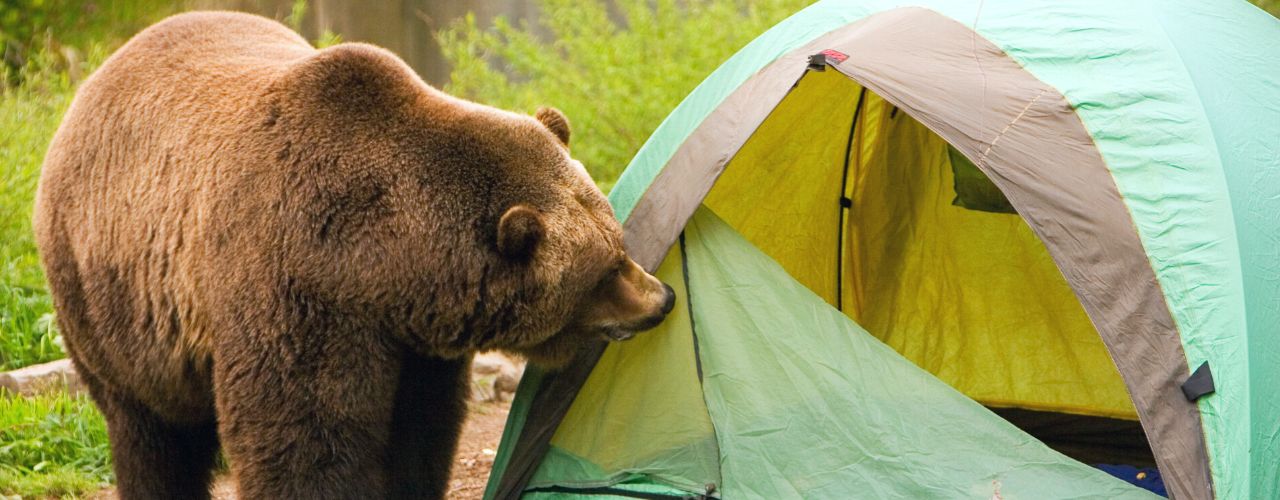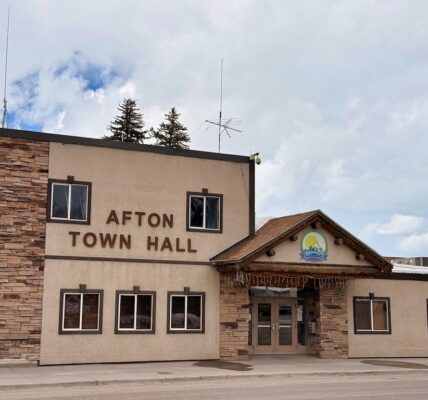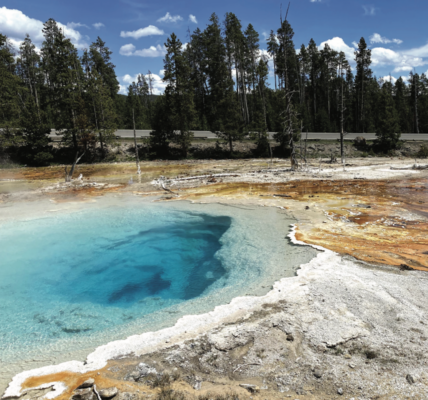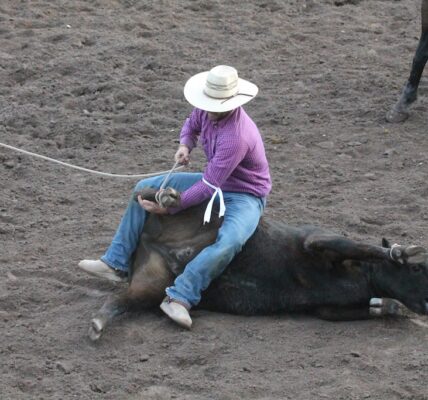Camping is one of the most common and adventurous outdoor activities that people love to dabble in. Glamping has even become a popular trend. Its popularity, however, doesn’t negate or diminish the dangers that accompany camping. Whether you’re a first-timer or a seasoned camper, you should know the most common camping dangers.
Creepy Crawlers
Camping means stepping into the domain of animals and insects. Technically, you’re in their home, so while you’re both occupying the space, you should proceed with caution. Even if you only see an untouched landscape, you shouldn’t assume wildlife never touches that place.
Know the animals that reside in the area you plan to set up for camp. Keep an eye out for bears, snakes, scorpions, wolves, hornets, cougars, and other disease-carrying creatures. Thoroughly inspect your clothes for mosquitos, ticks, or other insects before putting them on.
Check your body too, and watch out for any signs of bites. Ideally, you should stay covered, but if you do show skin, make sure your repellents work.
Bad Weather
Camping in fantastic weather is a dream come true, but every now and then, bad weather can and will creep up. Luckily, most camping setups can handle severe weather conditions. That said, you shouldn’t skimp out and choose gear that won’t protect you properly.
The gear doesn’t stop with your clothing and tent, either. Everything you bring along needs to stand up against the elements, including your vehicle. If you camp often, you should choose a truck that works with a rooftop tent, as this accessory can handle some of the harshest weather conditions. You save yourself the trouble of having to maneuver and drive through rough roads when you protect your vehicle and your campsite.
Food and Plants
Living on the land sounds exciting in theory, but you should remember that not everything in nature is good for you. There are a lot of dangerous plants and foods that campers need to steer clear of. Just because the berries look tempting doesn’t mean you should pick and eat them.
There are plenty of books you can purchase and bring along with you on your trip that will help inform you about poisonous plants and berries to stay away from. If you plan on hunting your meals, proceed with caution. Cook all your meats thoroughly and make sure the animals you’re hunting do not show signs of rabies.
Sparks and Flames
It’s not camping without a good campfire going. But we all know the dangers of fire. Flames can grow out of control very quickly if they don’t start off correctly. Most campsites have fire safety instructions for campers to abide by.
The site instructions will also tell you if the local government permits fires in the area. Make sure you put out any fires or embers before going to bed. Additionally, you should never light a campfire underneath a tree. The embers and the smoke could potentially start a forest fire.
Camping dangers are nothing to glance over or ignore. Make the most of your trip and have a great time by staying in the know and looking out for the worst.





